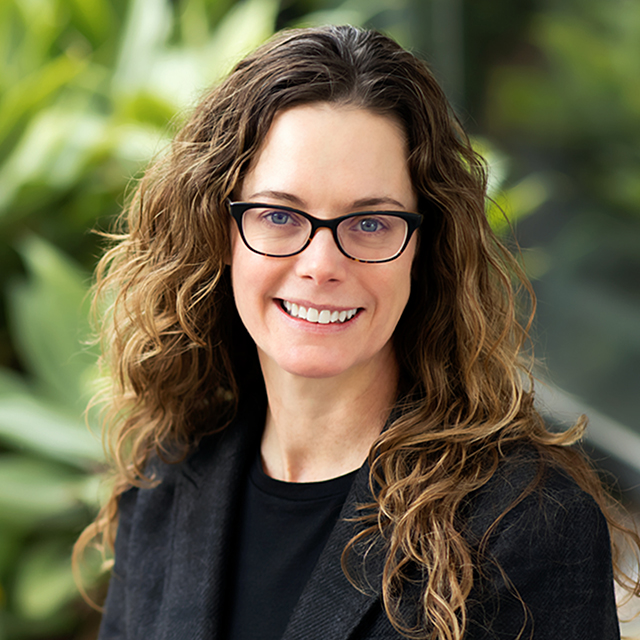Dr. Hillary L. Copp is a pediatric urological surgeon who serves as chief of pediatric urology. She provides care for abnormalities of the urinary tract and genitalia in patients ranging in age from infants to adults. An expert in reconstructive surgery, she treats a wide range of pediatric urological conditions, including hypospadias (a birth defect in which the opening for urination is on the underside of the penis), undescended testicles, blocked kidneys and ureters (the tubes that carry urine from kidneys to bladder), prenatal urinary tract obstructions, urination problems related to spina bifida (a birth defect of the spine and spinal cord that can cause bladder and bowel control issues), differences in sex development, and urinary tract conditions requiring complex reconstruction.
Copp directs the urological management of children with spina bifida and is co-director of the UCSF Lifetime Congenital Urology Program, which serves adults born with urological conditions. She has expertise in many surgical techniques, from traditional approaches to minimally invasive procedures, including endoscopic, laparoscopic and robot-assisted laparoscopic surgeries. She started a program for delivering botulinum toxin (Botox) treatments to the bladder without general anesthesia for children with neurogenic bladder (lack of bladder control due to nervous system problems, most commonly from spina bifida) who haven't sufficiently responded to or can't tolerate traditional medications.
Copp's research interests include pediatric urinary tract infections, vesicoureteral reflux (a condition in which urine in the ureters flows toward the kidneys instead of toward the bladder), antimicrobial resistance, adherence to antibiotic prophylaxis (taking antibiotics to prevent infections) and the urinary microbiome (the microorganisms that normally live in the urinary tract). She is also interested in studying adult patients with congenital urological conditions, with the goal of improving their treatment outcomes and quality of life.
Copp earned her medical degree at Pennsylvania State University College of Medicine. She completed a urology residency at the University of Virginia and a pediatric urology fellowship at Stanford University, where she also earned a master's degree in epidemiology.
Copp is a member of the American Urological Association, Alpha Omega Alpha Honor Medical Society, Society of Women in Urology and American Academy of Pediatrics. She serves as the secretary and treasurer for Societies for Pediatric Urology, and was previously the president for the Society for Fetal Urology. She has received a grant from the Urologic Diseases in America project; a research award from the Urology Care Foundation's California chapter; and a Clinical and Translational Science Award from the National Center for Advancing Translational Sciences, which is part of the National Institutes of Health. She is the lead author of several articles published in peer-reviewed journals.































